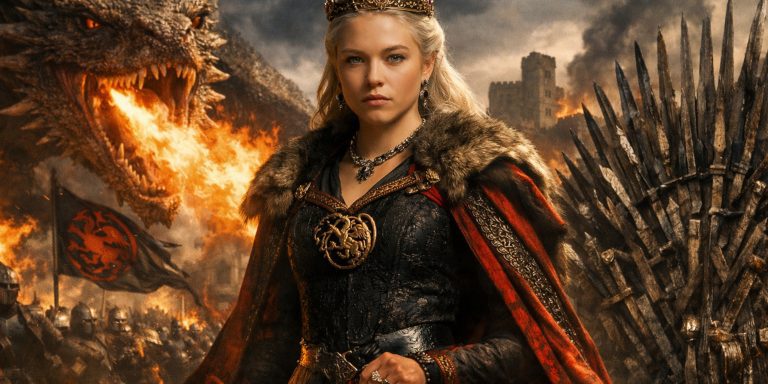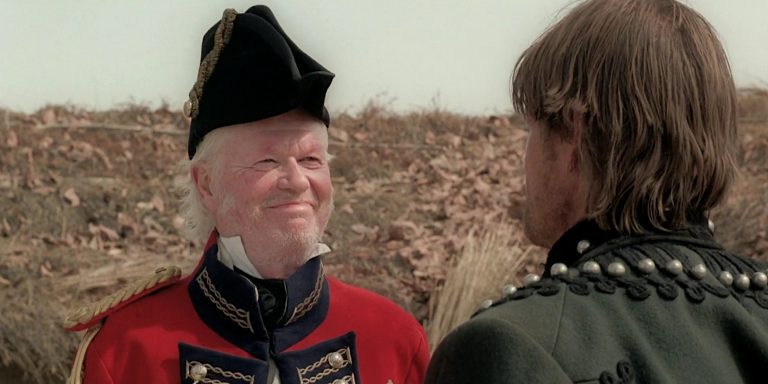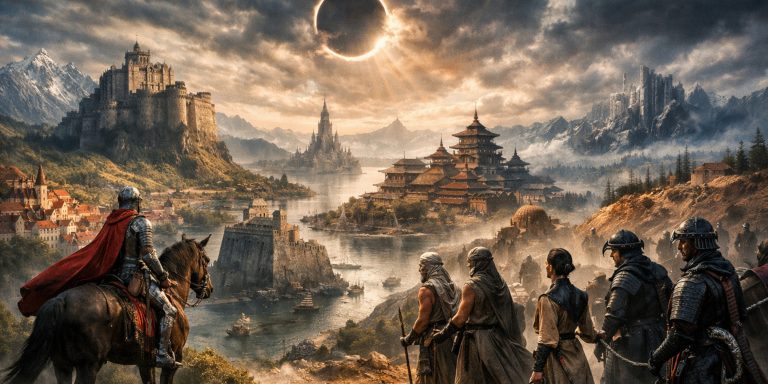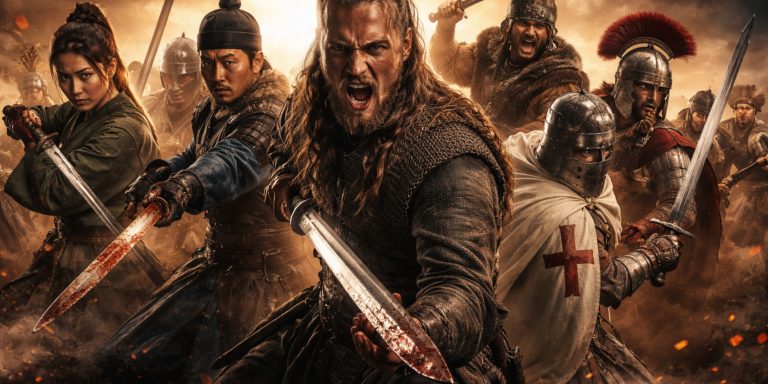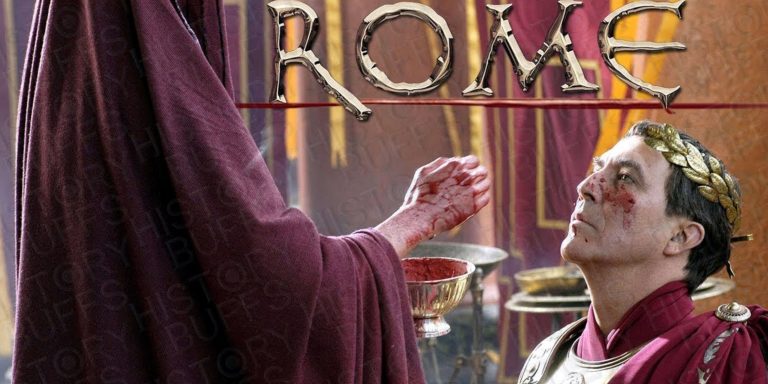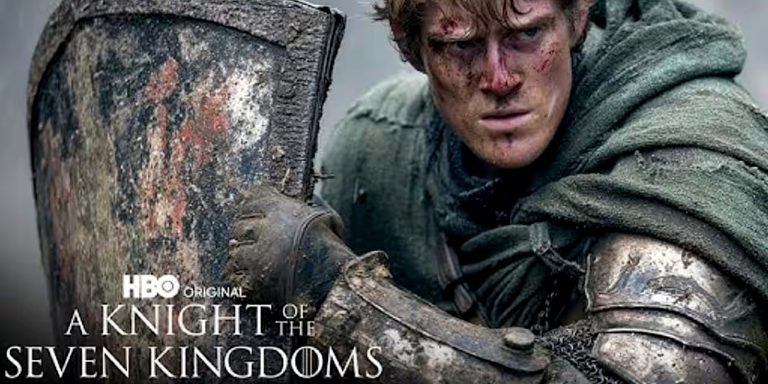
After nearly a decade of intrigue, war, and blood-soaked ambition, Game of Thrones reached its conclusion with Season 8. But instead of a rousing finale, many viewers were left with frustration, confusion, and a lingering sense that something had gone awry. The final season was ambitious and visually striking, yet it faltered in areas where the series had previously excelled. Here’s a closer look at what undermined Season 8’s impact.
Pacing Issues and Compressed Storylines
Perhaps the most immediate problem was the pacing. Six episodes were never going to be enough to wrap up a saga as sprawling as Game of Thrones. Plot developments that should have unfolded over time were instead rushed. Daenerys’ descent into tyranny, the rapid unravelling of Cersei’s grip on power, and the sudden resolution of Jon Snow’s arc all suffered from a lack of narrative breathing space.
The show had previously taken its time with character development and political intrigue. In Season 8, events leap from one major twist to another without the nuance or build-up that defined earlier seasons.
Character Arcs That Lost Their Way
Several characters acted in ways that seemed inconsistent with their earlier development. Daenerys Targaryen’s turn from liberator to destroyer might have made sense over a longer timeline, but the execution felt jarring. Her decision to burn King’s Landing, even after the city had surrendered, came off as abrupt rather than inevitable.
Tyrion Lannister, once the show’s sharpest mind, became increasingly ineffective and naive. Jaime Lannister, whose arc had been one of redemption, abandoned that progress with little explanation to return to Cersei. Bran’s rise to the throne lacked emotional or narrative groundwork, making the finale feel politically hollow.
Misuse of the White Walkers and the Night King
For years, the White Walkers had been positioned as the ultimate existential threat. Their defeat in Episode 3, while visually stunning, resolved the arc too quickly. The Night King died without ever speaking a word or revealing his motivations. The threat that loomed over eight seasons vanished in a single night, leaving a sense of imbalance between setup and payoff.
There was no broader reckoning about what the White Walkers symbolised, nor a deeper exploration of the ancient magic that brought them into being. The mythology, once rich and layered, ended up feeling underdeveloped.
Spectacle Over Strategy
Season 8 delivered grand visuals, no question. The Battle of Winterfell and the destruction of King’s Landing were technically impressive. But many of these moments leaned more on shock than strategy. Tactical decisions during the Battle of Winterfell were criticised for being nonsensical, such as sending the Dothraki into the dark without support or hiding civilians in a crypt against an undead army.
Likewise, the city’s destruction in Episode 5 prioritised fire and devastation over political consequence. The emotional weight was undermined by the lack of groundwork.
Dialogue and Tone Shift
Earlier seasons, grounded in George R. R. Martin’s novels, featured dialogue laced with wit, menace, and layered meaning. In the final episodes, exchanges became functional or overly expository. The nuance of conversations that once defined characters like Varys, Littlefinger, and Olenna Tyrell was noticeably absent.
The tone also shifted. While the show had always been grim, Season 8 felt joyless and burdened by its need to shock rather than engage. Even victories, such as the fall of the Night King, lacked catharsis.
A Divisive Ending
Bran Stark being crowned king was met with bewilderment by many fans. Though the idea of a ruler chosen for his story rather than his birthright held promise, the show failed to build up Bran’s character to make that resolution feel earned. Jon Snow’s exile and Arya’s departure west felt like afterthoughts rather than meaningful conclusions.
The final montage tried to mirror the hopeful melancholy of The Lord of the Rings, but Game of Thrones had not earned that tone. It had sidelined too many arcs too quickly to arrive there.
The Seven Swords Takeaway
Season 8 was a visually stunning but thematically muddled finale. Its ambition was clear, but the execution faltered under the weight of its own scale. Rushed pacing, uneven character arcs, and a shift away from grounded storytelling left many feeling that the show did not honour its early complexity.
Game of Thrones remains one of the most influential series of its generation, but its final chapter serves as a case study in how critical pacing and character consistency are to long-form storytelling. The legacy is lasting, but the ending will always be contested.
Waych the trailer:

